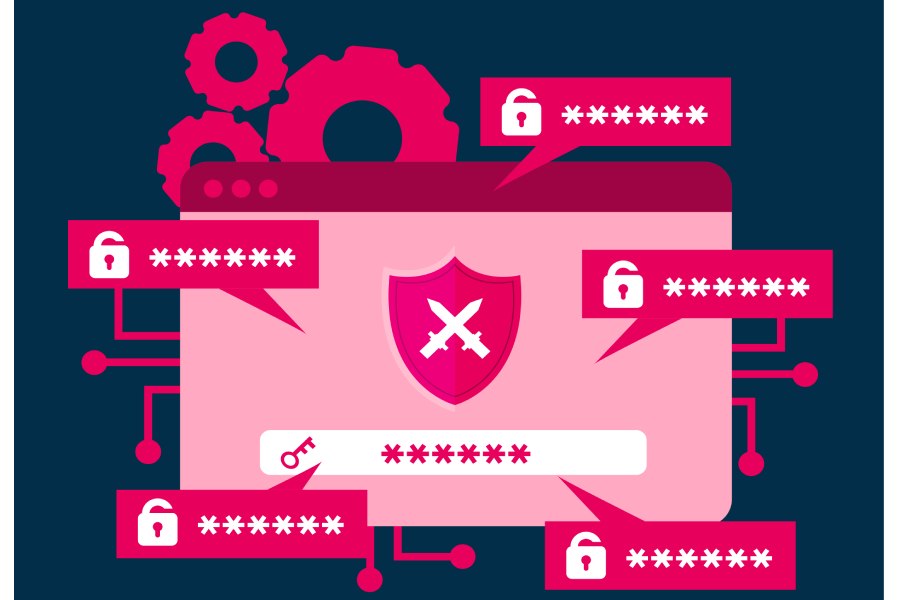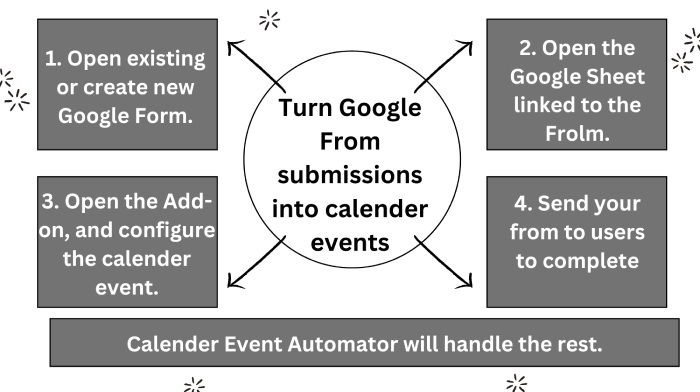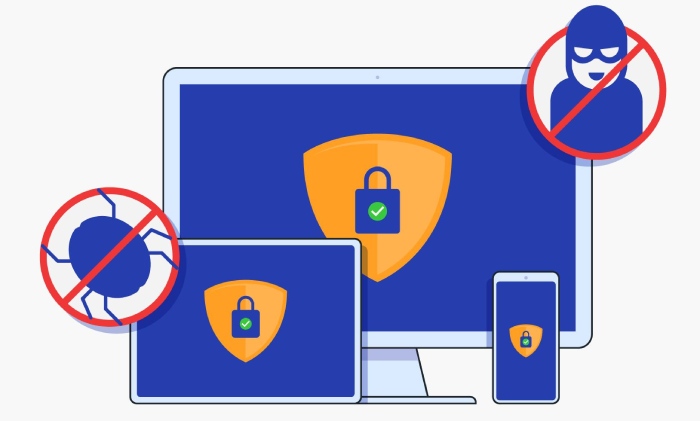Google Calendar’s updated anti-spam settings have improved its cybersecurity posture, but third-party service providers are unhappy. Are the measures necessary, or is Google being anti-competitive?
Many of us might already know that Google has recently introduced changes and updates to its Calendar Workspace Suite, intending to prevent spam. However, the changes are preventing third-party booking services from being able to book meetings and appointments for their clients.
Competitors are unhappy and allege that Google deliberately turns off accessibility and functionality for third-party developers with anti-competitive practices.
About Google Calendar
Google Calendar is a feature-rich, user-friendly time management service provided by Google. Millions of customers use it to simplify schedules, note appointments and plan their day’s activities. It is also integrated with search, Google Assistant, and other Google essentials, thus becoming a powerful tool.
For example, users can use simple commands such as “View my calendar” in search to get a complete list of their upcoming events.
What Features Does Google Calendar Provide?
Some features provided by Google Calendar include:
- Scheduling appointments and events: Scheduling appointments on Google Calendar creates a valuable record and ensures that the meeting is remembered.
- Sending invites for Appointments: This feature is like Outlook’s, where others can be invited for events and appointments.
- Creating Reminders: Users can make up to five notifications or reminders.
- Making a Group Calendar: Users can create a group calendar for their families, organizations, or communities. People can be invited to edit; once added, they will have it added to their calendar.
- Creating and Publishing Events: Admins can create links to events using a website or icon, and associated people can add it to their calendars.
- Subscribing to premade calendars: Useful calendars like government holidays, school terms, and more can be subscribed to.
Google Calendar’s Cybersecurity Features
Google Calendar has several cybersecurity features to store content securely. Google and independent experts say Google Calendar’s data is encrypted in transit and at rest. This feature means that even if adversaries got a hold of the data in a calendar, it would not make sense to them.
A Google account also comes with other in-built security mechanisms that detect and block threats like phishing, spam, and malware. Google uses top-of-the-industry standards and practices to store activity in its servers.
The Allegations Against Google
According to Mike Adams, the CEO of Grain, Google is abusing its market dominance to kill off service providers that offer third-party appointment bookings like Calendly. He alleges that this is because Google has launched a new competitor for such services and is now blocking out its competitors in the name of cybersecurity.
Recently, Google set their user’s default settings to automatically not show third-party invitations on the Google Calendar unless the booking party had emailed the host earlier.
Such a system defeats the purpose of third-party booking. Users might have had to expressly accept invitations in their email, which creates a lot of friction and is unlikely to be done by many customers. According to Google, these policies are made for spam prevention, but Mike Adams says Google’s new booking software is not denied based on “spam prevention” policies.
How Are Competitors Being Affected?
Services like Grain provide recordings and transcriptions for AI-meeting recordings and rely on third-party booking software like Calendly. The new Google policies are causing several issues for Grain, where clients book their times as usual and assume they don’t have to do anything else.
However, they end up missing meetings because they don’t appear on Google’s new calendar. Services like Grain claim that Google’s policies have caused chaos in their company and among clients.
What is Google’s Response To The Allegations?
Google has responded by stating that it blocks third-party providers and unknown Gmail contacts by default. Google faced a lot of spam in Google Calendar in 2019, which led them to work on the problem and adopt new policies.
Google Calendar has improved since then, but due to new policies, some changes in settings must be made manually if users want to rely on automatically created appointments. Google has not yet responded to the allegations of anti-consumer actions and activities.
Conclusion
Competitors are accusing Google of being highly anti-consumer and anti-competitive and conducting actions that harm its competitors in favor of its released software. Google, however, maintains that such steps are necessary for preventing spam.
Meanwhile, several users are complaining on social media about their missed appointments. More information is needed to speak further about appointment booking tools, and a detailed investigation into anti-competitive actions might occur in the future.
In the meantime, customers must manually change their settings if they wish to use third-party meeting booking services. Services like Calendly have also created a support page that explains how to add contacts and appointments on Google’s safe list with a minimal number of steps.


